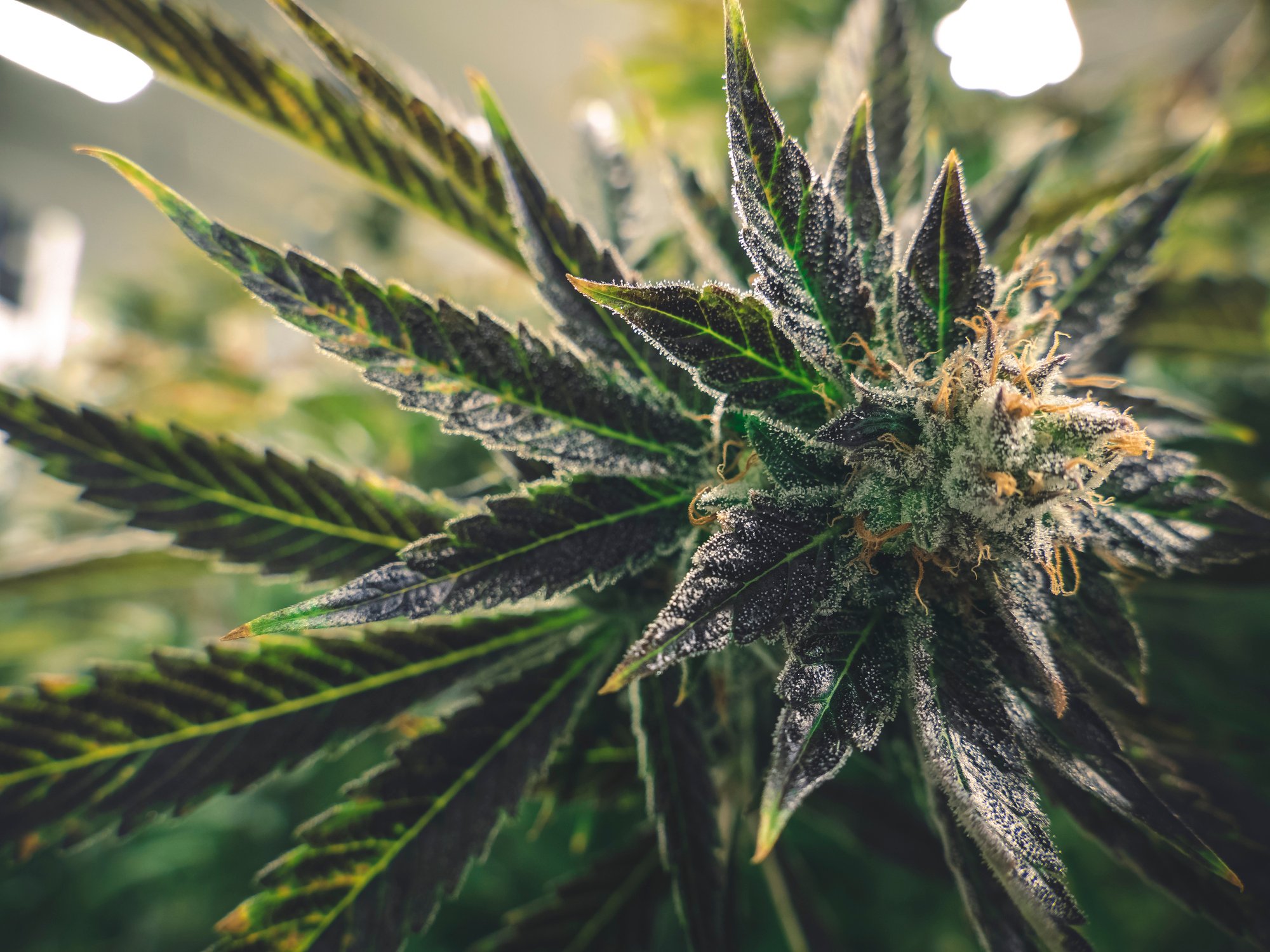Estimates show legal marijuana could produce $1 billion in tax revenue, and long-time opponents now seem open to the idea.
Slowly but surely the idea of recreational marijuana has gained steam in the unlikeliest of states — Texas. The Houston Young Republicans and Texas NORML called upon Texas Gov. Gregg Abbott to legalize and tax the sale of cannabis in order to offset a looming $4.6 billion budget deficit.
Lawmakers have voiced similar ideas. In a recent webinar, State Rep. Dustin Burrows, a Republican, discussed recreational marijuana and gambling as alternative revenue streams to explore in Texas. GOP Speaker Dennis Bonnen presented the idea in a recent local TV interview, but was hesitant to call legalization a cure-all.
“The state budget is so large, there’s no singular solution to a budget challenge,” said Speaker Bonnen. “So legalization of marijuana should be considered next session by those who want to bring it forward, but it probably doesn’t produce a solution to the budget challenge we’ll be facing. It certainly could be a help. It could augment the shortfall. But I don’t believe it’s anywhere near a singular solution.”
Original image from Carol M. Highsmith’s America, Library of Congress collection. Digitally enhanced by rawpixel.

Copyright
© 420 Intel







